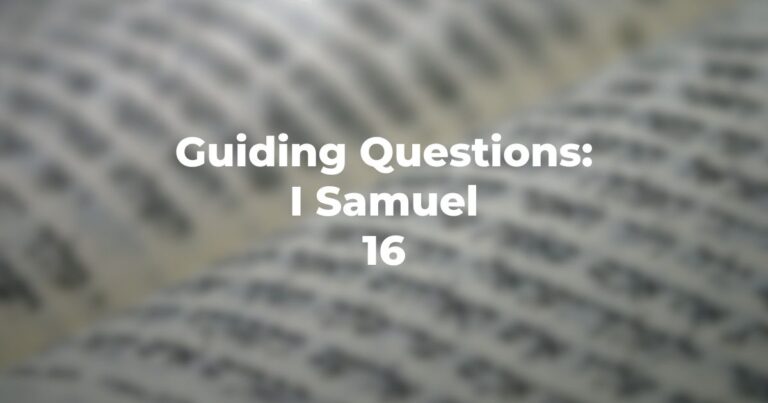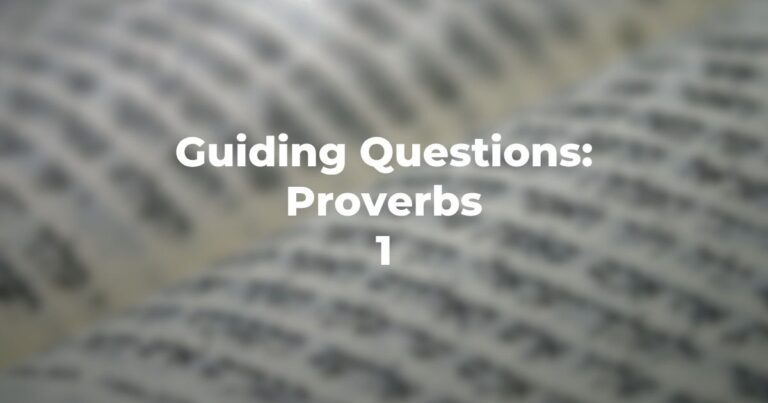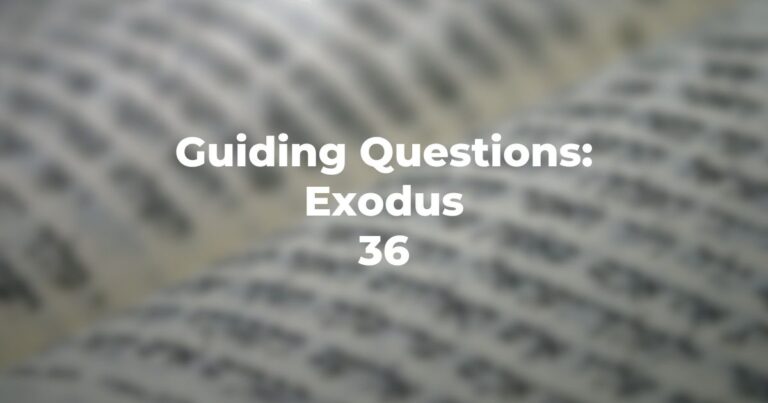- Why, in the light of preceding events, would Joshua 8 begin with the reassuring statement to Joshua?
- Does text indicate where, at what time or in what mode the communication took place with Divinity?
- What is the response of Joshua — and is it oral or “action”?
- The text elaborates upon the military strategy which Joshua employed. But, at one point, the strategy moves to the “Divine level.” This is reflected in verse 18. How does it relate to the overall narrative?
- What is its purpose?
- What will explain the policy of total devastation — including men, women, children?
- How does Joshua 8:26 echo an experience in the Five Books involving Moses?
- Joshua 8:28 makes reference to “to this very day.” Which is the “very day”?
- Why, precisely at this juncture, does Joshua then build an altar and, as well, erect stones which set forth the “Torat Mosheh”? And what was the TorahRefers to the first five books of the Hebrew Bible, the Tanakh, also called the Five Books of Moses, Pentateuch or the Hebrew equivalent, Humash. This is also called the Written Torah. The term may also refer to teachings that expound on Jewish tradition. Read more which Mosheh (according to this verse) actually wrote “in the presence of the Israelites”?
- Joshua 8:34 makes reference to “Sefer HaTorah.” To what does this refer?
- How does the term “K’hal Yisrael? (Joshua 3:5) dfffer (or parallel) Am Yisrael?
- In Joshua 8:33 there is reference to “hakohanim hal’viim.” Is the word hal’viim, in the context a proper noun, a noun, or a verb?
Author
-

Exploring Judaism is the digital home for Conservative/Masorti Judaism, embracing the beauty and complexity of Judaism, and our personal search for meaning, learning, and connecting. Our goal is to create content based on three core framing: Meaning-Making (Why?), Practical Living (How?), and Explainers (What?).
View all posts




